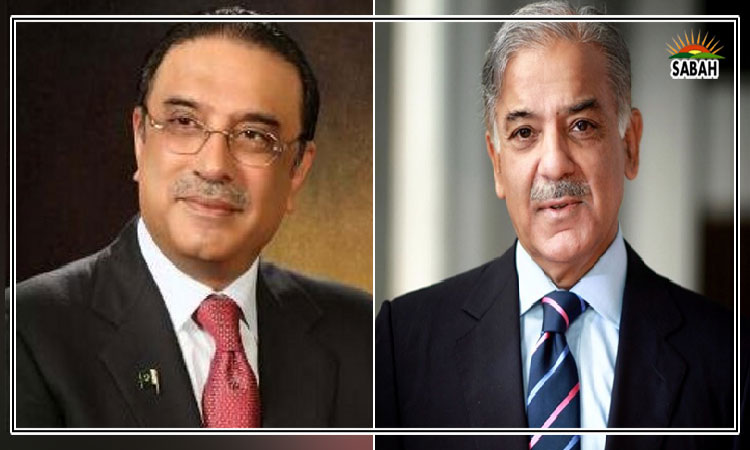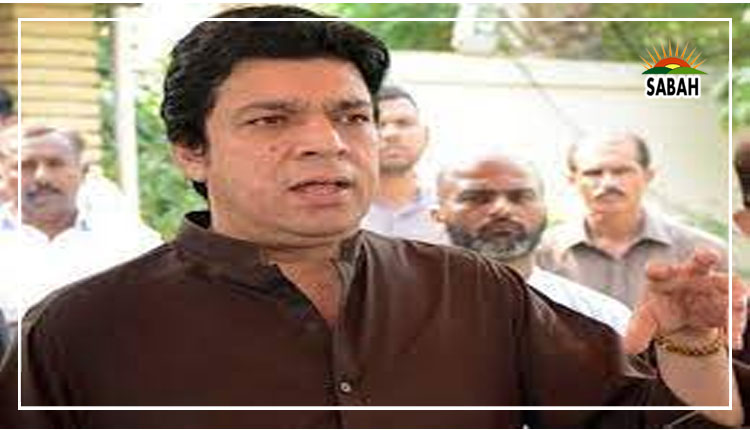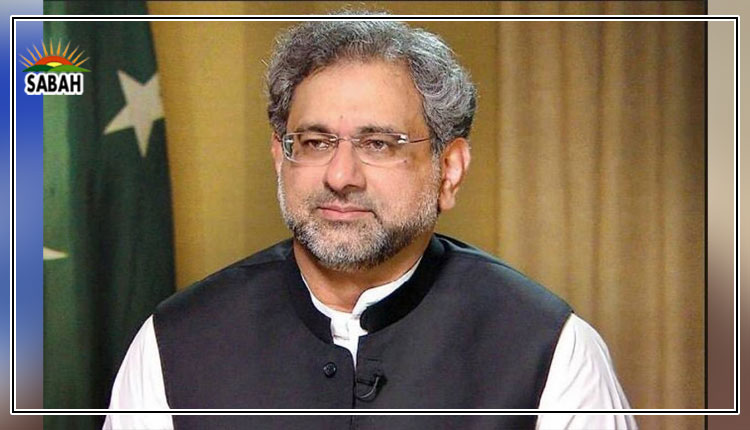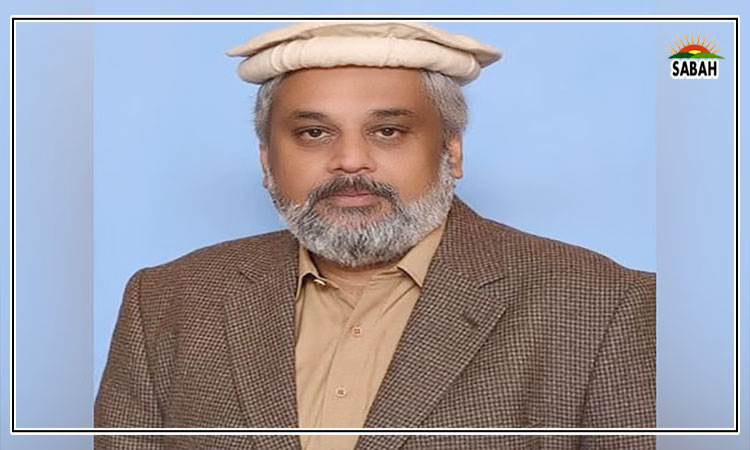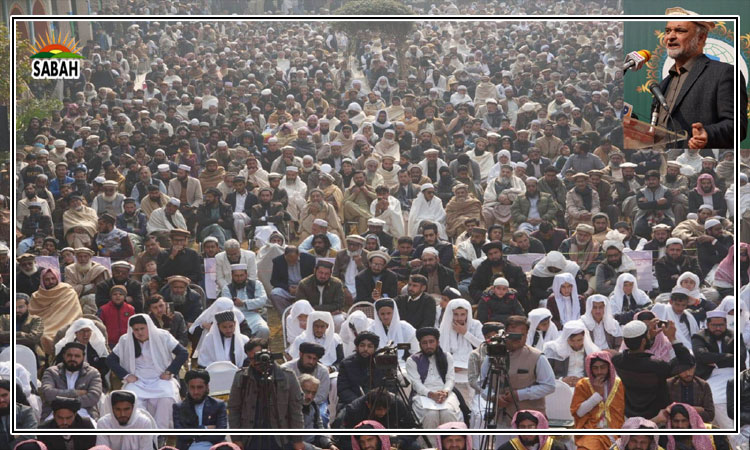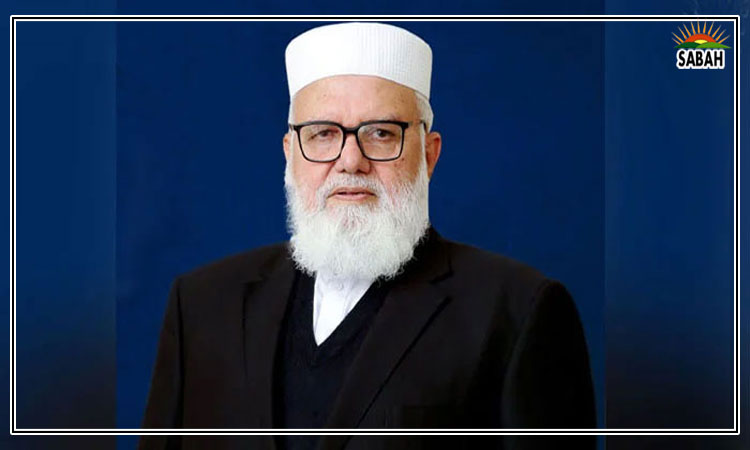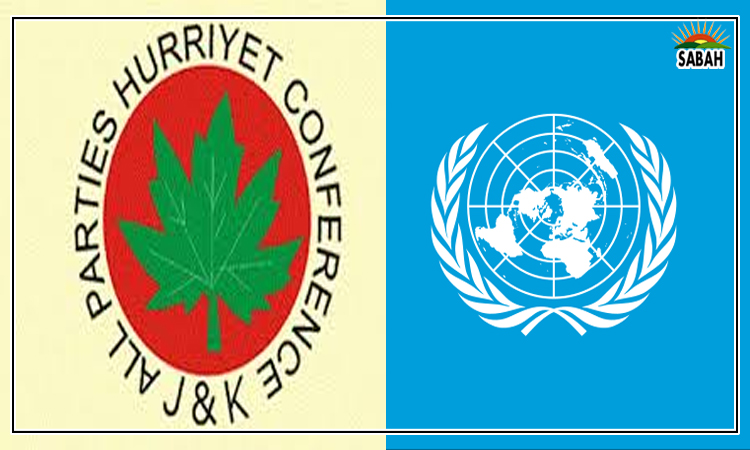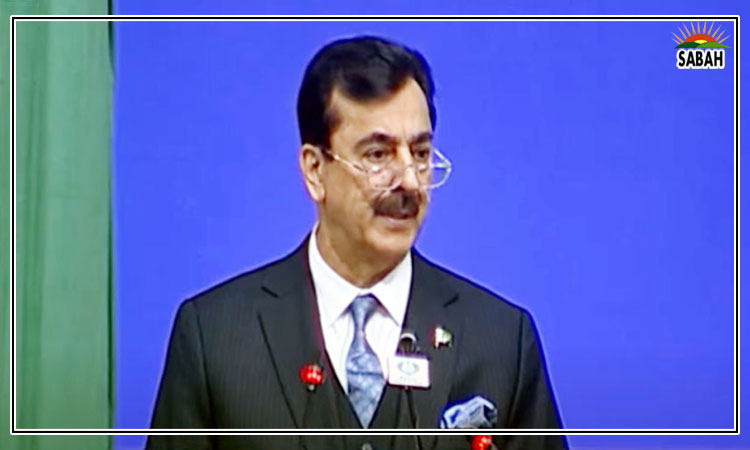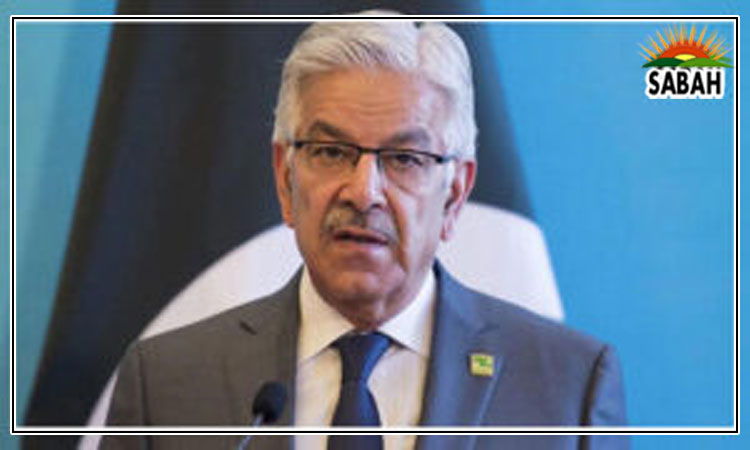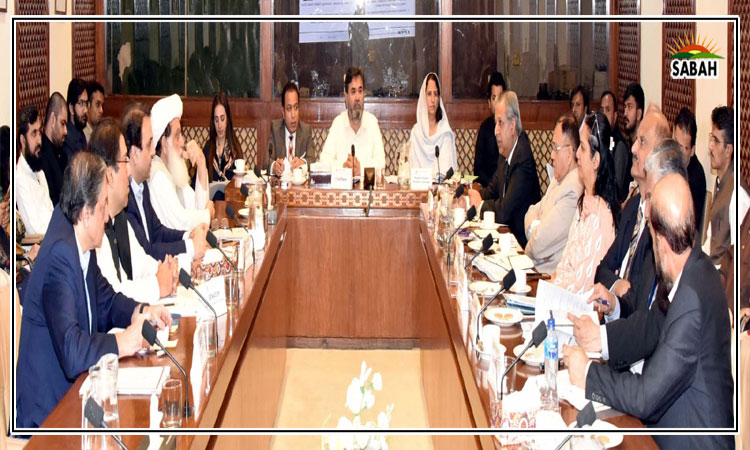Senate Committee reviews telecom sector performance & digital infrastructure
ISLAMABAD, August 01 (SABAH): The Senate Standing Committee on Cabinet Secretariat chaired by Senator Rana Mehmood-ul Hassan, met on Thursday at the Parliament House.
The committee meeting featured the presence of Senator Farooq Hamid Naek, Senator Shahadat Awan, Senator Atta Ur Rehman, Senator Saifullah Sarwar Khan Nyazee, Senator Saleem Mandviwalla, Senator Mohammad Abdul Qadir, The Federal Minister for Law, Justice and Human Rights, Senator Azam Nazeer Tarar, The Secretary of the Cabinet Division, the Chairman of Pakistan Telecommunication Authority (PTA), senior officials from Frequency Allocation Board (FAB), Administrator Islamabad Club (IC), and other senior officials from the related departments.
The meeting commenced with a briefing by the chairman of the Pakistan Telecommunication Authority (PTA) on the agency’s operations and performance over the past three years. The chairman reported that the total revenue generated by the telecom sector amounts to 850 billion, with 2,112 licenses issued. Specifically, the telecom revenue was 727 billion for 2021-22, 861 billion for 2022-23, and is estimated to be 1,000 billion for 2023-24. During the presentation on Optical Fiber Cable (OFC), it was highlighted that Pakistan’s optical fiber infrastructure is relatively underdeveloped compared to other countries.
Additionally, the Committee Chairman, Senator Rana Mehmood-ul Hassan, raised concerns about the tax policy on cellular advertisements, emphasizing that Pakistan lacks a formal policy for its regulation.
Senator Farooq Hamid Naek advised the committee members to focus on both national and international taxation legislation and to consider measures that ensure access to digital services for the general population. He further emphasized that restricting access would hinder the country’s digital progress.
The Secretary of the Cabinet Division, acknowledging the suggestion, assured that the issue would be addressed with the Federal Board of Revenue (FBR). He also informed that many people in the lower-income segment use feature phones that lack internet capabilities.
Federal Minister for Law and Justice, Senator Azam Nazeer Tarar, added that digitalization is essential, and the matter would be brought to the Prime Minister’s attention for implementation. Senator Tarar also pointed out that approximately 132 million people in Pakistan use social media for business purposes, whereas other countries have already established taxation policies in this regard.
The members were also briefed on the improvement of network coverage through Universal Service Funds (USF) funds, and issues related to the existing 4G/LTE infrastructure were highlighted. The officials reported that telecom consumer taxes are very high in Pakistan. Recent initiatives such as the 5G spectrum auction, enhancement of service quality, and network rollout were also discussed.
In addition to the challenges faced by the PTA, the blocking of social media and the removal of unlawful content were also discussed in detail. It was reported that approximately 146 complaints are lodged per day, the highest number in Asia. Senator Tarar suggested that, while there is freedom of expression, it must adhere to the law. Sensitive content, such as child molestation, privacy breaches, and vulgar material, requires censoring and blocking. Furthermore, the committee members were briefed on the Frequency Allocation Board’s (FAB) operations, functions, and performance over the last three years.
Senator Saleem Mandviwalla pointed out that, while other countries benefit from advanced 5G services, Pakistan is still struggling with 2G and 3G services, which do not function properly.
Following the presentation by FAB, the members were briefed by the Islamabad Club about its operations and performance over the past three years.


